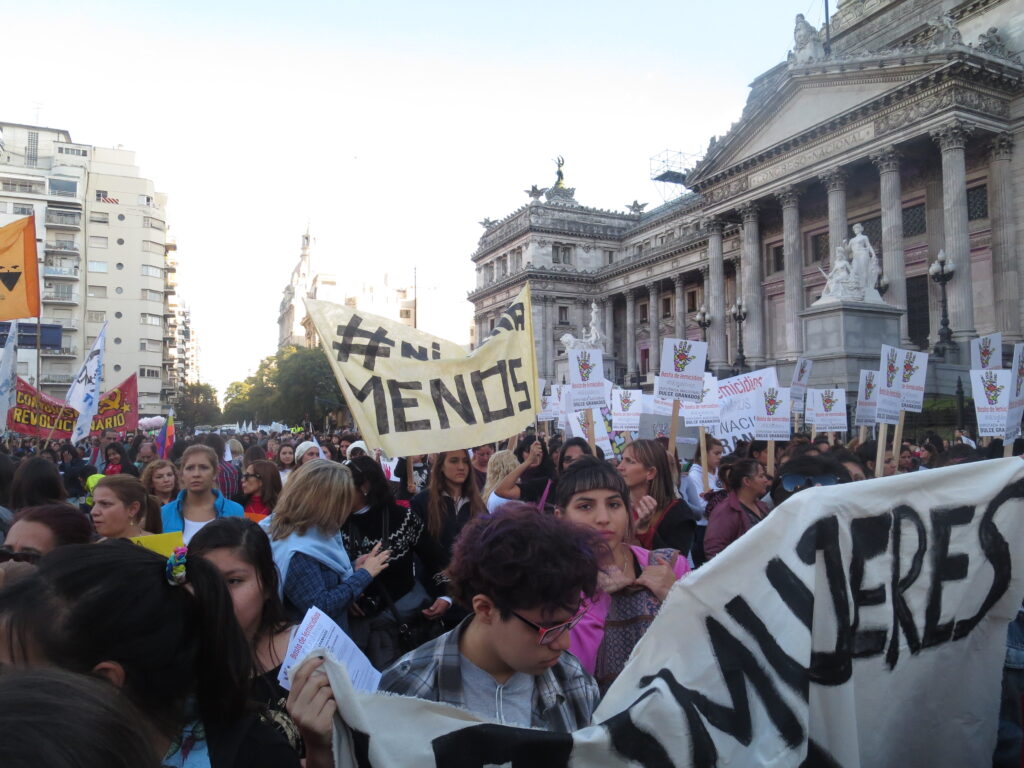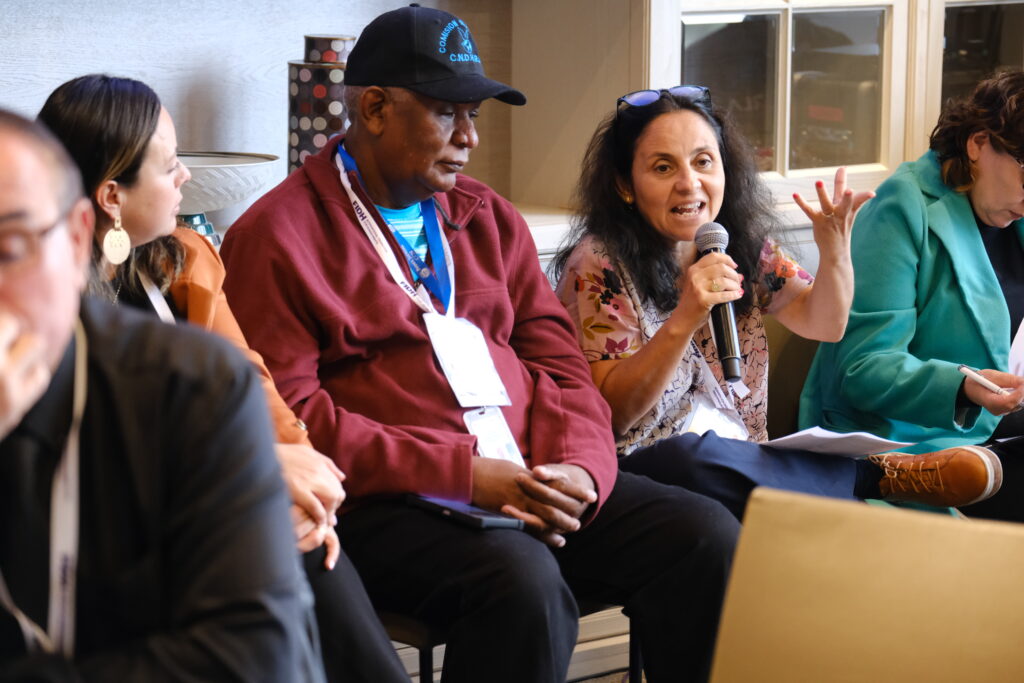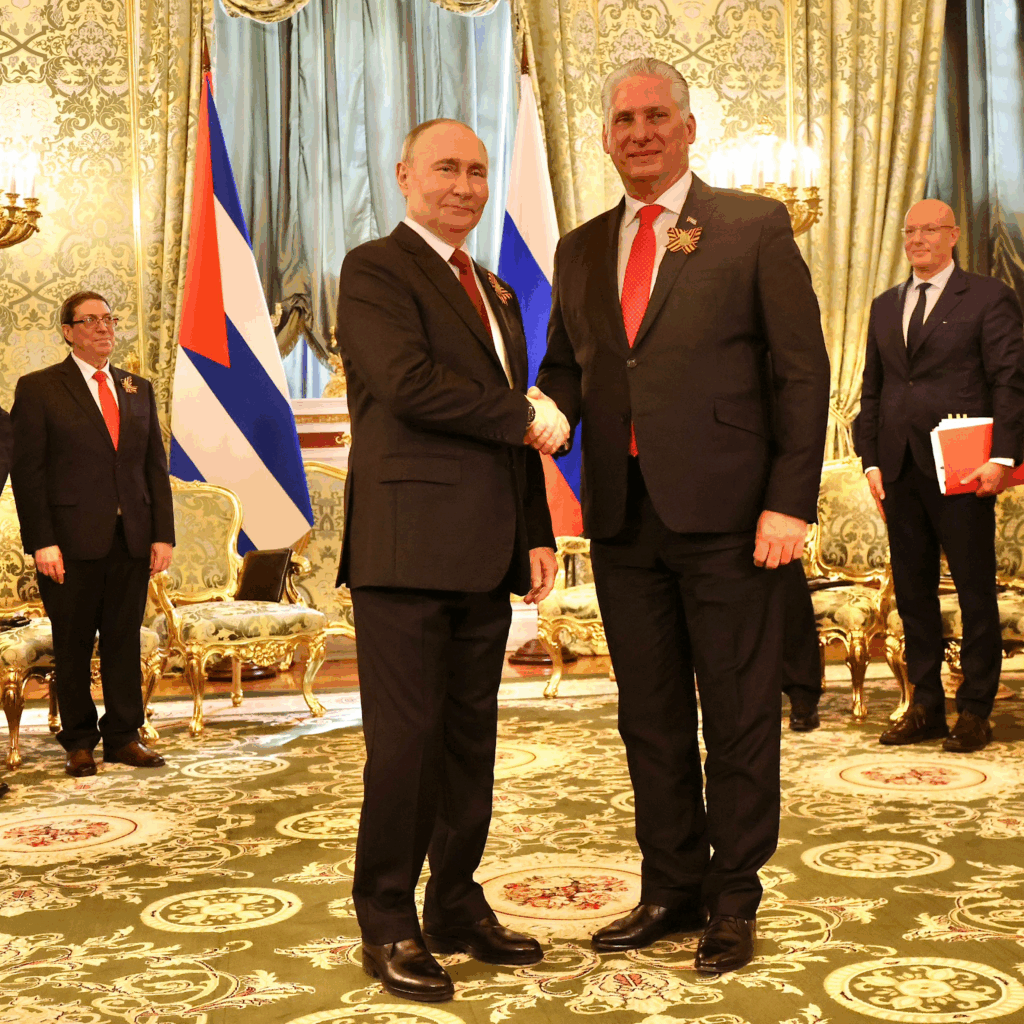A devastating blow struck Cuba as Hurricane Melissa, one of the most powerful Atlantic storms on record, unleashed its fury. The storm initially slammed into Jamaica with winds reaching a terrifying 185 mph before tracking towards the eastern Cuban coast.
Though Melissa weakened to a Category 3 storm by the time it reached Cuba, the impact was immense. Over 735,000 Cubans were evacuated from vulnerable areas, but the storm still ripped through communities, tearing away roofs, toppling power lines, and severing vital communication cables.
Entire regions were cut off as roads became impassable, isolating towns and villages. The agricultural heartland suffered greatly, with banana, cassava, and coffee plantations decimated by the relentless winds and flooding.

In a surprising turn of events, the United States offered immediate humanitarian aid to the affected Cuban people. This gesture stands in stark contrast to the recent history of strained relations and escalating sanctions imposed on the island nation.
For years, the U.S. has tightened its grip on Cuba, reversing steps taken to ease restrictions and even re-designating Cuba as a state sponsor of terrorism. Stringent measures were enacted to limit American tourism and business dealings with Cuban entities.
The offer of assistance comes from a key figure who has long advocated for a hard line against Cuba: Secretary of State Marco Rubio. His family’s personal history – fleeing Cuba in the 1950s – deeply informs his political stance.
Rubio has been particularly critical of Cuba’s international medical programs, alleging exploitative labor practices. He spearheaded sanctions against officials in several countries for their involvement with these programs, claiming they enrich the Cuban government at the expense of its people.
These claims have been echoed by organizations like Human Rights Watch, which has documented concerns about the conditions faced by Cuban doctors working abroad. However, Caribbean nations have vehemently defended the programs, prioritizing access to vital medical care over potential visa restrictions.
Despite the deep-seated ideological differences, a glimmer of cooperation has emerged. Cuban and American officials are now engaged in discussions to coordinate the delivery of aid, a remarkable development given their complex relationship.
Cuba’s Deputy Foreign Minister confirmed contact with the U.S. State Department, awaiting details on the specifics of the proposed assistance. This exchange signals a potential, albeit fragile, moment of collaboration in the wake of a shared tragedy.
The unfolding situation demonstrates that even amidst political tensions, humanitarian concerns can forge a path towards dialogue and assistance when disaster strikes. The world watches as these two nations navigate this delicate moment of potential cooperation.



